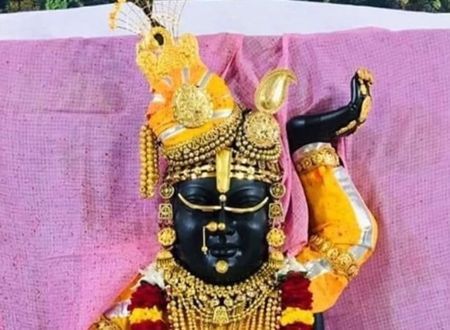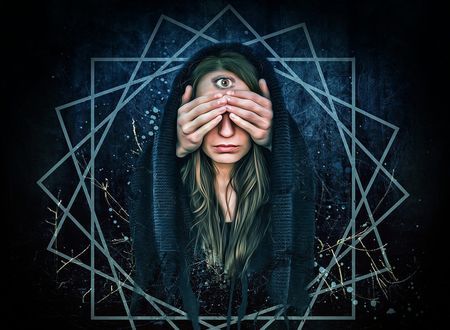So much has already been spoken and written about this that I don’t think I can add anything more meaningful on this topic; and I am not even going to attempt to shed any light on it; also because being a skeptic that I am, I am unsure which side do I lie on. I am going to just try and present what I have gathered from various sources.
Free will vs Destiny: How much control do we really have over our lives? To begin with, as most of us would realize, this question does not have a clear answer; at least, so far, I have found none. While on one end of the spectrum we have people who believe that everything is God’s will or the will of the source; while on the other end there are wise ones who say that there are certain events in our life which are fixed or predetermined while the rest are in our control; some even go ahead and quantify it as 80-20% or 60 – 40%. That 80% is free will and 20% is destiny. What intrigues me most personally is as to how they are able to arrive at such precise bifurcation. 😀
To take this forward, I would like to share a conversation between Jessy and Patrick over lunch; the characters from the film ‘Before Midnight’:
JESSE: Okay. All right, I have a question for you Patrick. I think a lot of people are feeling that way. You know, that we’re this kind of pleasure obsessed, porn-addled materialists, ceding our humanity to technology… At the same moment that computers are becoming sentient, right? So what my question is: what is this notion of self to begin with?
PATRICK: It’s written over the portals to the Temple of Apollo at Delphi: It says “Gnothi seauton”, which means “Know Thyself”.
JESSE: Yeah, but we’re kind of 99% automated already. Our personality – or this thing we think of as ourselves right . Most of it is automated body function, so what are we ceding actually?
Are Jessy’s arguments not correct to a great extent? We hardly have any control over any of our bodily functions – from our breath to the pumping of our hearts, the complex functioning of the liver and kidneys et al. They are all on auto mode. (let’s leave out exceptions, I know Swami ji has full control over all of these and more, and it has been established through scientific experiments but we are talking about mere mortals here :)). In fact, we don’t have much control over most of the things that happen to us, they seem to be accidental – the families we are born into, the surroundings, even the gender that we have, whether we born with a healthy or a diseased body et al. While we may argue that with sheer hard work, persistence and determination many people are able to change their destiny, but my counter argument is that – whether we have any of these qualities not a function of how our upbringing was? Someone who was taught the value of and made to practice discipline and hard work in their formative years is more likely to have those qualities in them than someone who was not. Clearly, it is not something that we control.
A passage from the book No Mud, No Lotus by Thich Nhat Hanh reads: “If you look deeply into a flower, you see that a flower is only made up of nonflower elements. In that flower there is cloud. Of course we know a cloud isn’t a flower, but without a cloud, a flower can’t be. If there is no cloud, there’s no rain, and no flower can grow. You don’t have to be a dreamer to see a cloud floating in a flower. It’s really there. Sunlight is also there. Sunlight isn’t flower, but without sunlight no flower is possible.
If we continue looking deeply into the flower, we may see many other things, like the earth and the minerals. Without them the flower cannot be. So it’s a fact that a flower is made only of nonflower elements. A flower can’t be here by herself alone. A flower can only inter-be with everything else. You can’t remove the sunlight, the soil, or the cloud from the flower.”
So if some of us have blossomed, is it not because we were fortunate to have received all that was required for us to blossom; while some of us dint because we did not receive one or more of those ingredients? Do we really have any claim to our successes or do we own our failures for that matter? Do we control anything at all?
We all know about the story of Angulimala – a murderer and collector of severed fingers; a chance meeting with the Buddha and he got liberated in that very life. Left to his own karmas, we can only imagine how many life times it would have taken him to pay back for his deeds. So was it destiny or was it free will?









Comments & Discussion
6 COMMENTS
Please login to read members' comments and participate in the discussion.